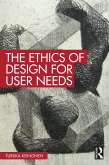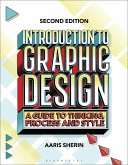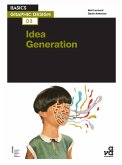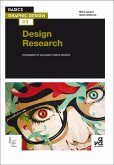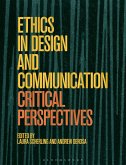Consider this simple conundrum: is it possible to be a bad good designer or a good bad designer for that matter? If the answer is yes then which is preferable and what does this reveal about the relationship between ethics and design practice? Good: An Introduction to Ethics in Graphic Design seeks to answer these questions.
Graphic design is in ethical flux. Good comes at a time of growing disenchantment with style-led design solutions and the pursuit of self-expression alone and yet vacuous design judgements are still made without any real analysis of the criteria used. The terms good and bad are repeatedly applied without qualification whilst the relationship between personal and professional ethics is far too contentious to do any more than give cursory consideration. Despite recent manifestos and themed publications on design for good graphic designers have yet to examine what such terms really mean: in a time of relativism it has been far too divisive to do so.
Good takes philosophy as its starting point but is not a philosophy book. It seeks to marry abstract ideas with practical application, removing some of the mystique that surrounds philosophy and highlighting its relevance for us all. Designers are people. This book seeks to engage designers in a debate about their profession and in an analysis of their value and worth. The decisions we make define us, in our ethical choices we reveal who we are.
Graphic design is in ethical flux. Good comes at a time of growing disenchantment with style-led design solutions and the pursuit of self-expression alone and yet vacuous design judgements are still made without any real analysis of the criteria used. The terms good and bad are repeatedly applied without qualification whilst the relationship between personal and professional ethics is far too contentious to do any more than give cursory consideration. Despite recent manifestos and themed publications on design for good graphic designers have yet to examine what such terms really mean: in a time of relativism it has been far too divisive to do so.
Good takes philosophy as its starting point but is not a philosophy book. It seeks to marry abstract ideas with practical application, removing some of the mystique that surrounds philosophy and highlighting its relevance for us all. Designers are people. This book seeks to engage designers in a debate about their profession and in an analysis of their value and worth. The decisions we make define us, in our ethical choices we reveal who we are.



